Life
Sign up for our newsletter
We summarize the week's scientific breakthroughs every Thursday.
-
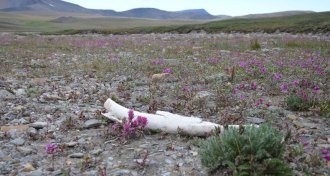 Paleontology
PaleontologyWhat male bias in the mammoth fossil record says about the animal’s social groups
Male woolly mammoths were more often caught in natural traps that preserved their remains, DNA evidence suggests.
-
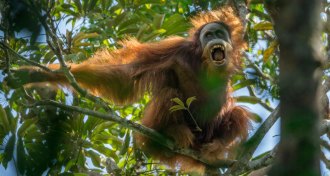 Animals
AnimalsNo more than 800 orangutans from this newly identified species remain
Endangered population of orangutans is the oldest surviving red ape lineage, a new study finds.
By Bruce Bower -
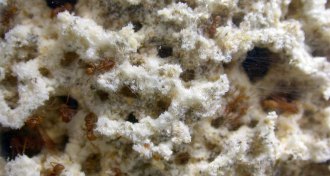 Animals
AnimalsAnts were among the world’s first farmers
50 years ago, researchers began unraveling the secrets to Attine ants’ green thumbs.
-
 Earth
EarthDino-dooming asteroid impact created a chilling sulfur cloud
The Chicxulub impact spewed more sulfur than previously believed.
-
 Animals
AnimalsGreat praise for categories, and seeing beyond them
Acting Editor in Chief Elizabeth Quill discusses classification and some of the challenges of putting species in categorical boxes.
-
 Health & Medicine
Health & MedicineReaders intrigued by ancient animals’ bones
Readers had questions about gut bacteria, woolly rhino ribs and ancient horses hooves.
-
 Life
LifeDefining ‘species’ is a fuzzy art
Here's why scientists still don't agree on what a species is.
By Susan Milius -
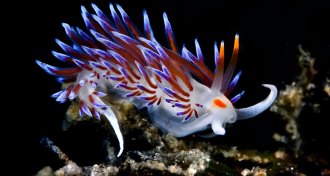 Animals
AnimalsThis sea slug makes its prey do half the food catching
Nudibranchs’ stolen meals blur classic predator-prey levels.
By Susan Milius -
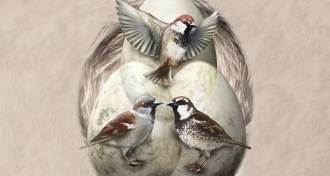 Life
LifeHybrids reveal the barriers to successful mating between species
Scientists don’t understand the process of speciation, but hybrids can reveal the genes that keep species apart.
-
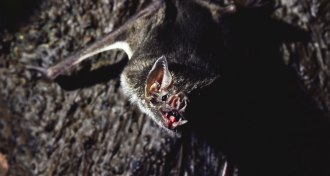 Animals
AnimalsScary as they are, few vampires have a backbone
Researchers speculate on why there are so few vampires among vertebrates.
By Susan Milius -
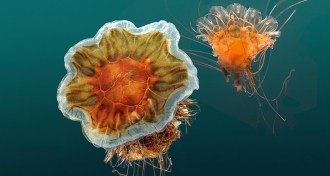 Animals
AnimalsHere’s the real story on jellyfish taking over the world
In 'Spineless,' a former marine scientist reconnects with the seas and science through her obsession with these enigmatic creatures.
-
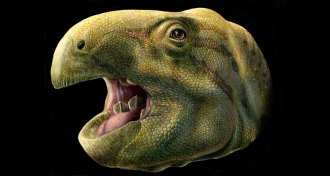 Paleontology
PaleontologyNew dinosaur sported a curious set of chompers
Matheronodon provincialis, a newly described dinosaur, munched on tough plants with big scissors for teeth.